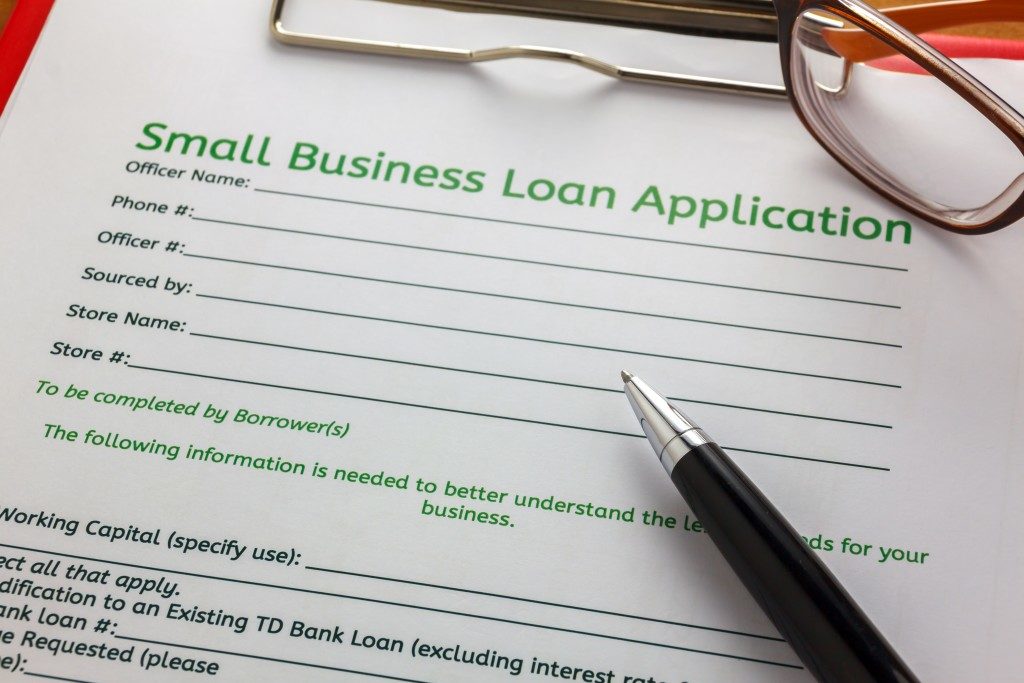No doubt, the advance of the coronavirus has made life really hard for everyone on the planet. With unemployment and business closures rammed down our throats, everything seems up for grabs. Small wonder why many in prominent media is calling these times as “Apocalyptic times.” And who wouldn’t? With over 200,000 Americans dead and hundreds more lay dying, it seems humanity as we know it sees a bitter end. But you know what they say about hope. It springs eternal. Instead of wallowing in despair and the pit of loneliness, getting yourself all set to do some action should be the first order of the day.
In this regard, there is no more pressing task you can get into than finding fast cash. Yup, you heard us right. If you want to get your business going, finding ample cash to keep rolling is paramount. Moreso, if you’re short on personal cash. You can’t afford to sit while everyone is going hungry, right? The good news is there are quick ways you can get precious dollars. You have to grab them.
Your Life Insurance
You may be wondering if you can take out a loan from your life insurance policy. And the answer is a definite yes. Be careful, though. Not only life insurance policies give such benefits to their holders.
Right off the bat, you should look into cash-value life insurance. We’re talking about universal life or whole life insurances. When you borrow in such a set-up, this is done against your policy’s cash value. On the other end, term insurance policies may not be eligible for a loan. That’s because when the expiry date of the term insurance is reached, it won’t have any cash value.
But there are risks involved when borrowing from your life insurance policy. Your loan, if it’s grown too big, can potentially cause your policy to become “lapsed.” In effect, forget about your life insurance altogether.
As for the amount, you need to consult your agent about the final number. Usually, it’s between 85% to 90% of the cash value of your policy.
Now, another way to do it is through a bank loan. You can use the cash value of your policy as primary collateral.
Your House Equity
This is where it gets fascinating. If you’re cash-strapped, but your home equity is high, you can actually cash in from that. Such a loan is called a reverse mortgage. It’s fast, and it’s effective.
Called also as home-equity credit, a reverse mortgage allows you to take out a loan with your current home as collateral. You are paid by the lender outright. Even better, you can choose the payment terms. Typically, you can get a lump sum or a monthly terms payment.
Sounds too good to be true? The thing is, a reverse mortgage isn’t for everybody. You must be at least at the age of 62 or older to get the loan. And your house must be of good equity.

There are also risks when getting into reverse mortgages. Why? That’s because you need to pay the loan when you move out of your home or when you die. Now, things could get tricky here.
If you die and the loan is unpaid, the house shall be turned into cash, sold. If your spouse is still alive by the time of your death, they may live in the house only if certain conditions are met. Usually, one of these is he/she must be 62 years old or over.
If your living spouse is below 62 years old when you’re gone, they may not get extra cash from the sales of the house paid to the lender. Surely, there’s a lot of fine print with a reverse mortgage, but the thing is, it’s definitely a good source of cash.
Your Taxable Accounts
Lastly, check your taxable accounts. We’re talking about your bank savings or your checking account. Do you have certificates of deposit or investment accounts? These can also qualify. And yes, these accounts can also be a good source of fast cash.
Then again, you need to put a solid strategy here on which accounts to touch. For instance, you may have to sell fixed-income investments such as bonds before stocks, which are more volatile.
Certainly, there are options for you to get cash fast. Exploiting them can be spot on to get your business in good shape. However, like any financial move, you need to do your due diligence before you jump in. Doing so can save you lots of trouble. As a result, you put your enterprise ahead of the pack with far fewer risks and a far greater chance of success.


